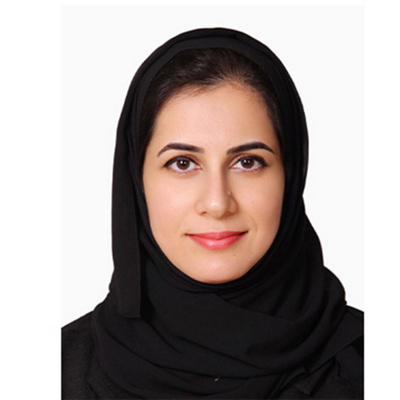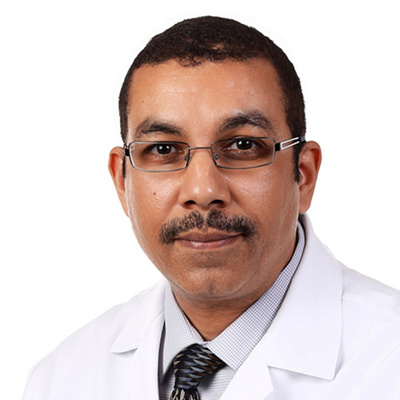The endocrine glands are numerous "ductless glands" which secrete specific chemicals called hormones, which are required for the smooth functioning of the body. Some of these glands are the thyroid gland, adrenal glands, pituitary gland, ovaries, testes and the pancreas. The Endocrinology department at Mediclinic City Hospital deals with disorders of these vital organs.
The endocrine glands can either secrete an excess of a particular hormone or be deficient in that particular hormone and it is then described as "hyper" or "hypo" conditions respectively. Endocrinology also deals with the problems of obesity, increased hair growth and osteoporosis.
Our endocrinologist is available to discuss any of these issues, providing necessary treatment and advice. The hospital dietician is available to prepare diet plans to suit individual needs.
The most common endocrine problem is diabetes which affects around 20 percent of the population of the UAE.
Diabetes Clinic
The diabetes clinic at Mediclinic City Hospital provides care to patients using a multidisciplinary approach for the evaluation, management and education of patients with Type I, Type II and gestational diabetes. The doctors strive to improve the health of the diabetes-affected patients by providing the patient and the family with internationally accepted standards of medical care and supervision. The team works together to enable optimal health outcomes such as proficient self-management and control of the condition.
There are three types of diabetes
- Type 1 Diabetes
Most people who develop type I diabetes are less than 30 years old and are usually diagnosed as a child. In type I diabetes, your body makes little or no insulin. When this happens, sugar cannot get into the cells for energy and stays in the blood. No one really knows what causes type I diabetes, however doctors believe that the following may somehow be linked to diabetes: viruses (may damage your pancreas), auto-immune response (your body's defence system may attack your insulin making cells by mistake), stress (illness or injury). - Type 2 Diabetes
This is the most common type of diabetes; about 90% of the people who have diabetes have type II. In type II you still make your own insulin, but your body cannot use it properly. No one knows the exact cause of type II diabetes, but it is likely to occur in people who are over 40 years of age, are overweight, have a family history of diabetes, have had gestational diabetes during pregnancy.
Gestational Diabetes
This is a type of diabetes that happens only to some women who are pregnant. The diabetes usually disappears after the baby is born. About half of the women who develop gestational diabetes will develop type II diabetes later on.




